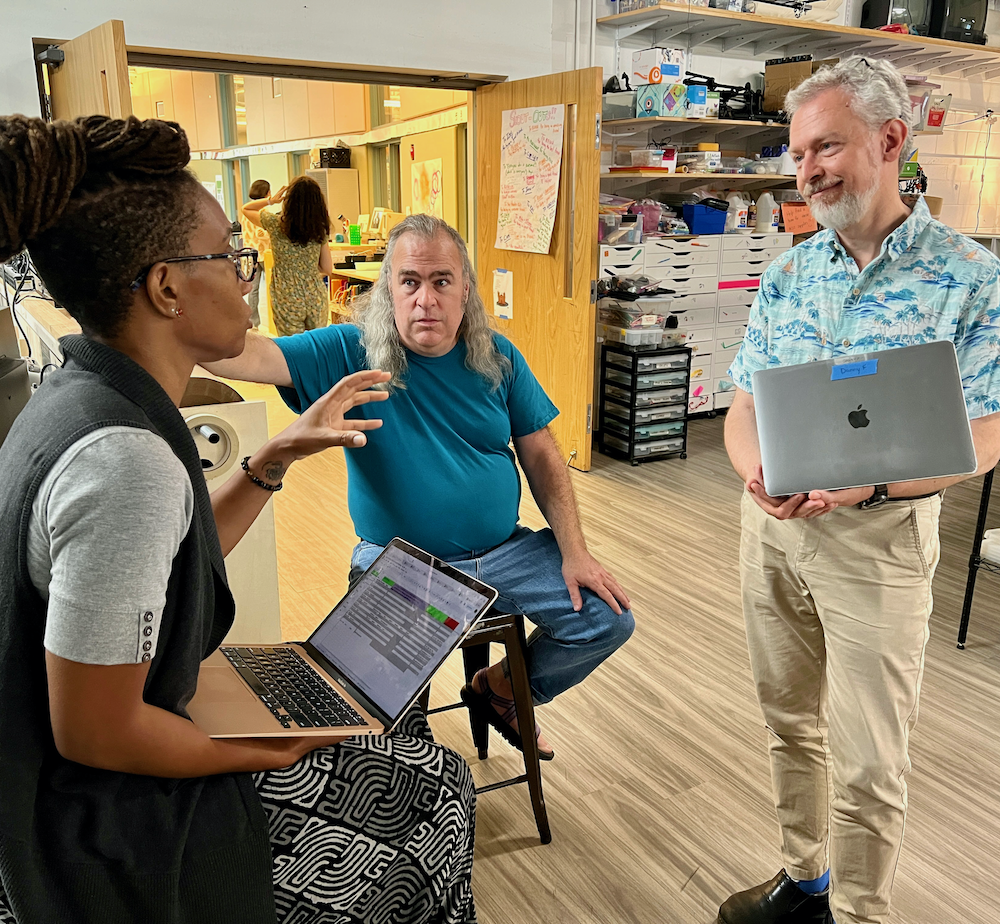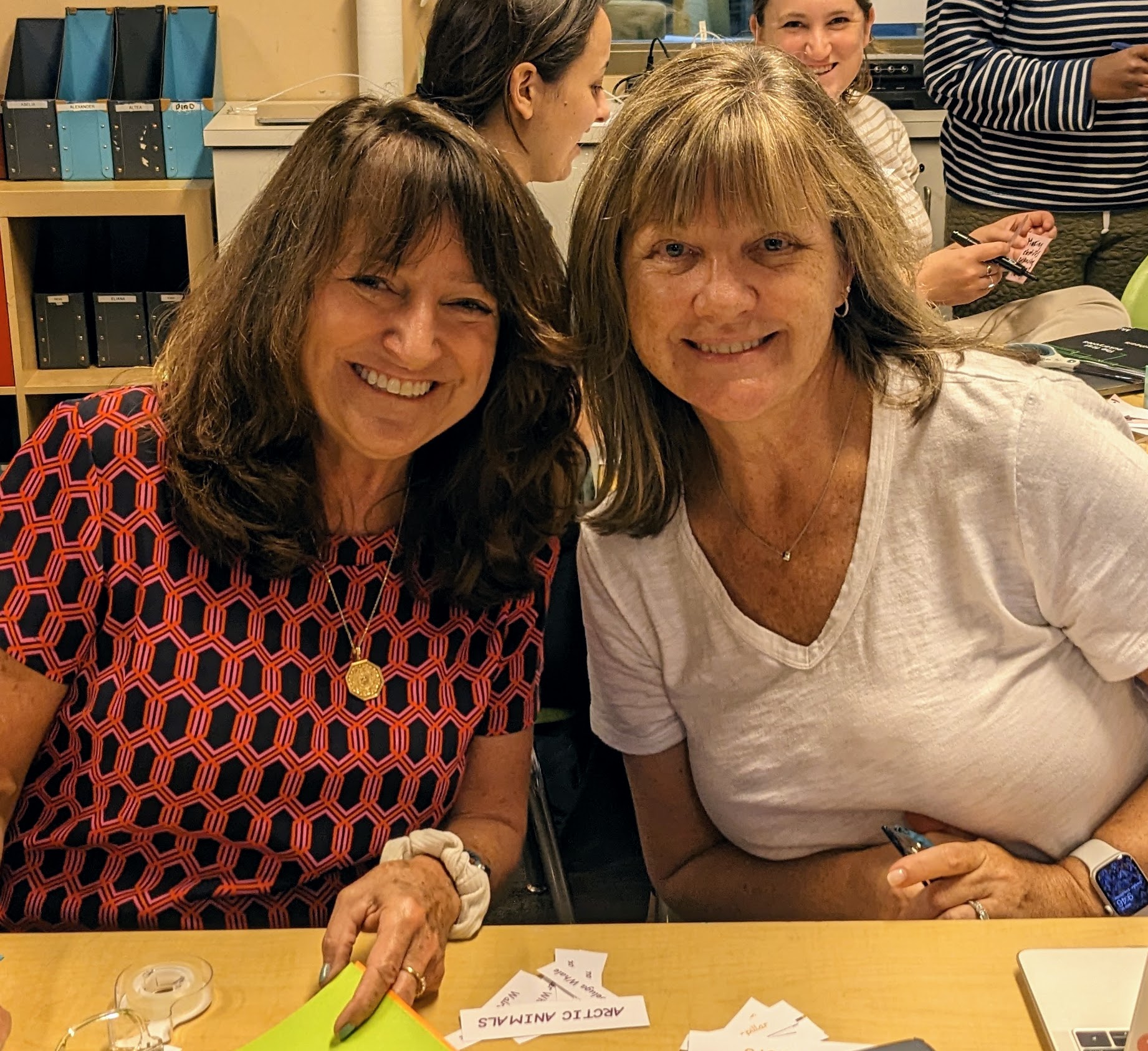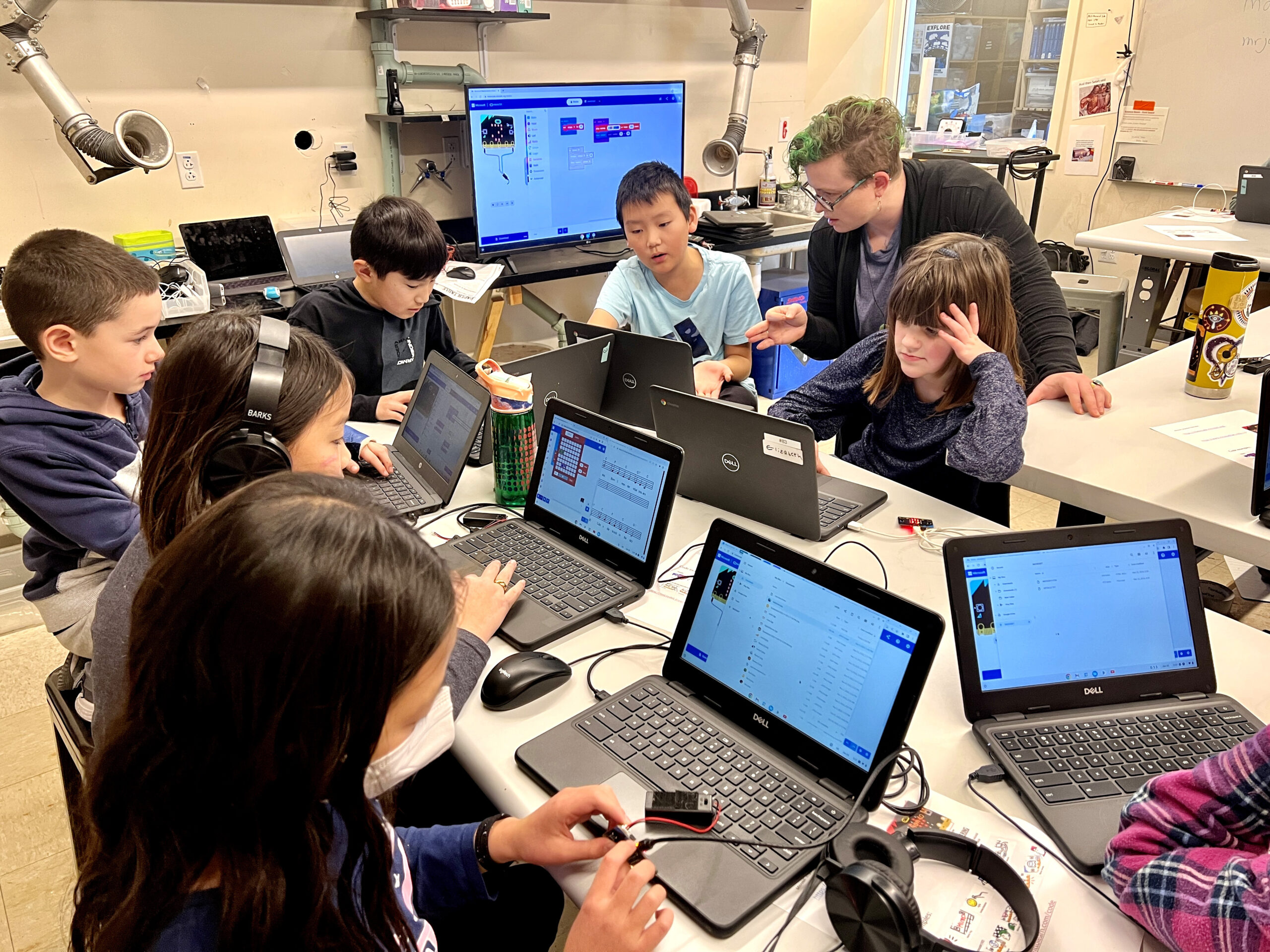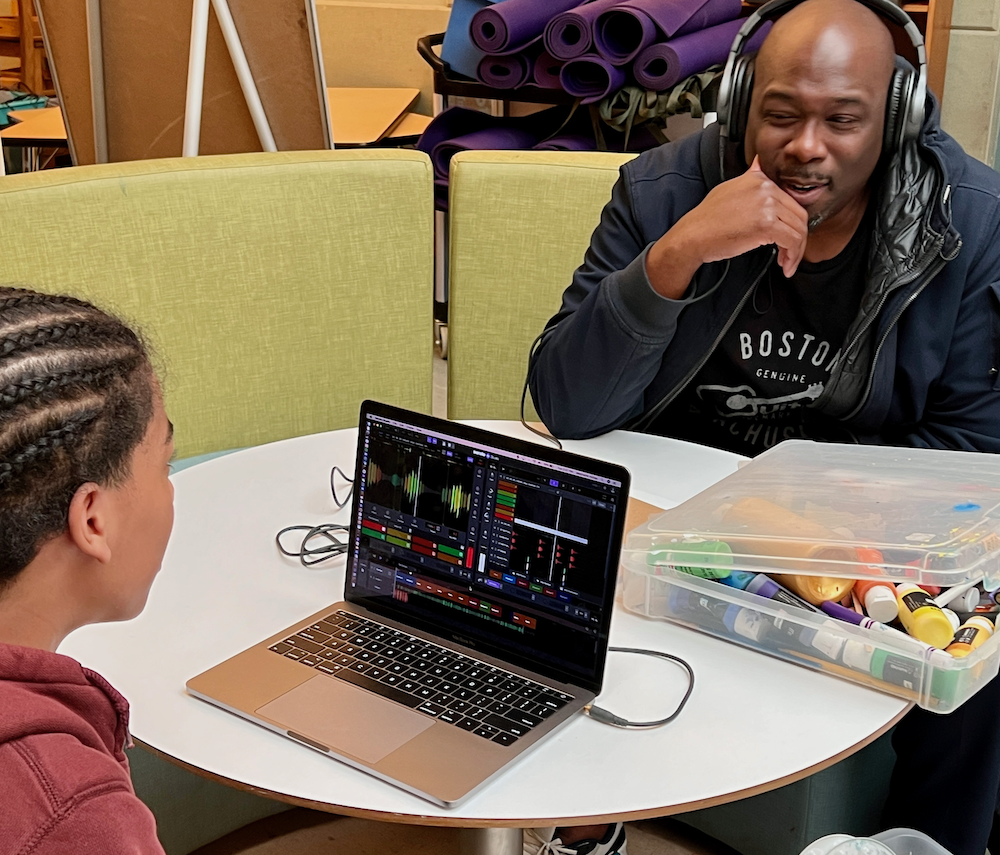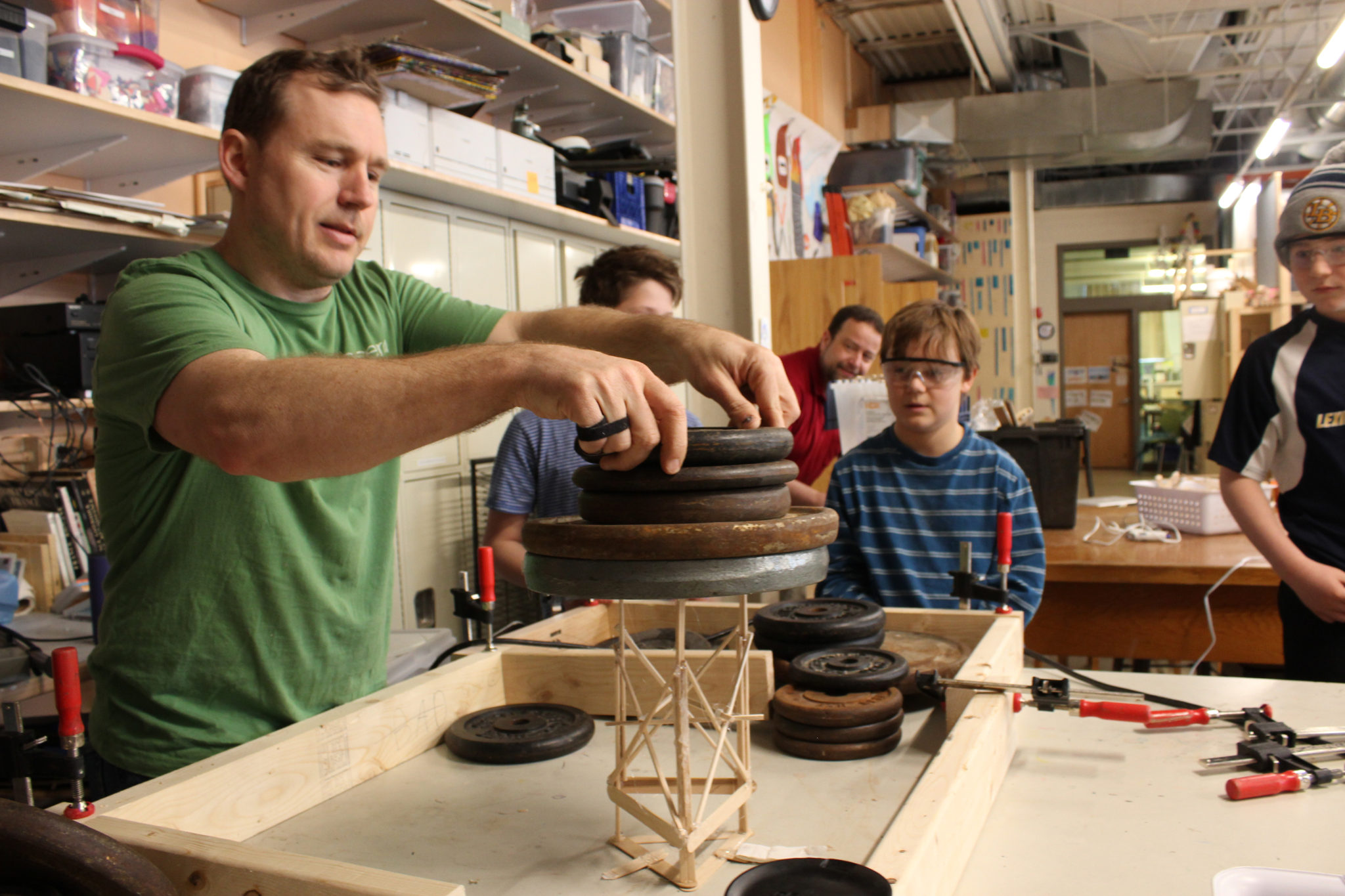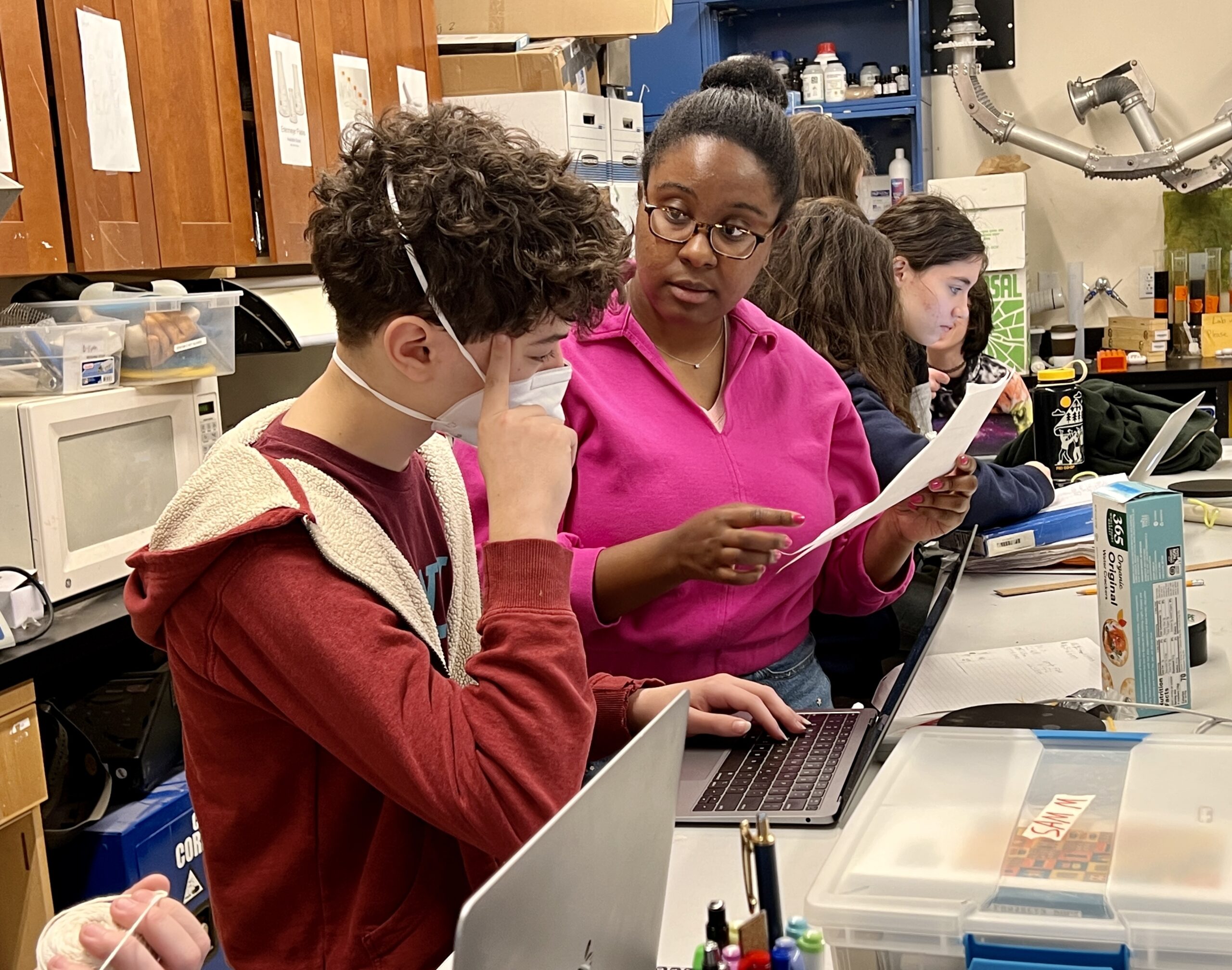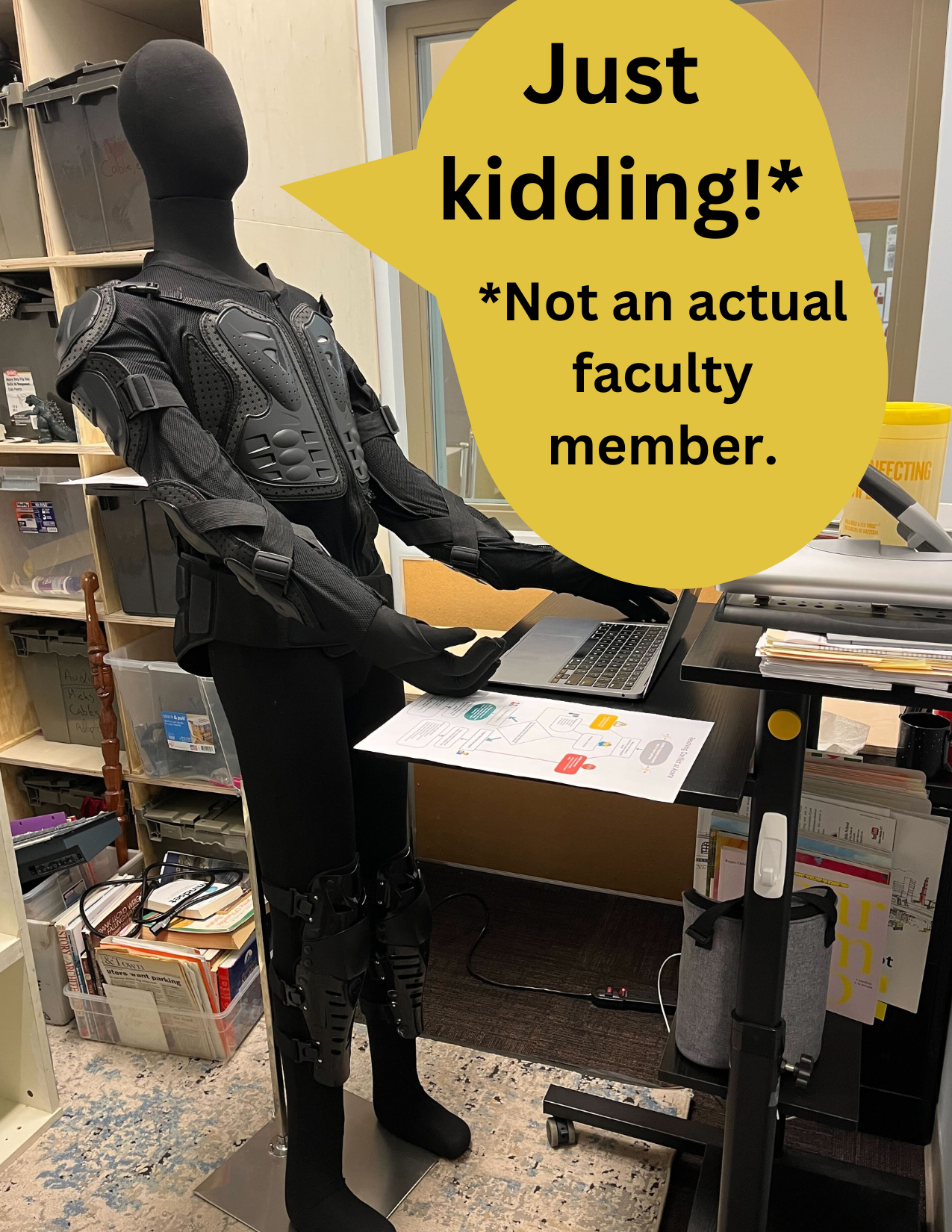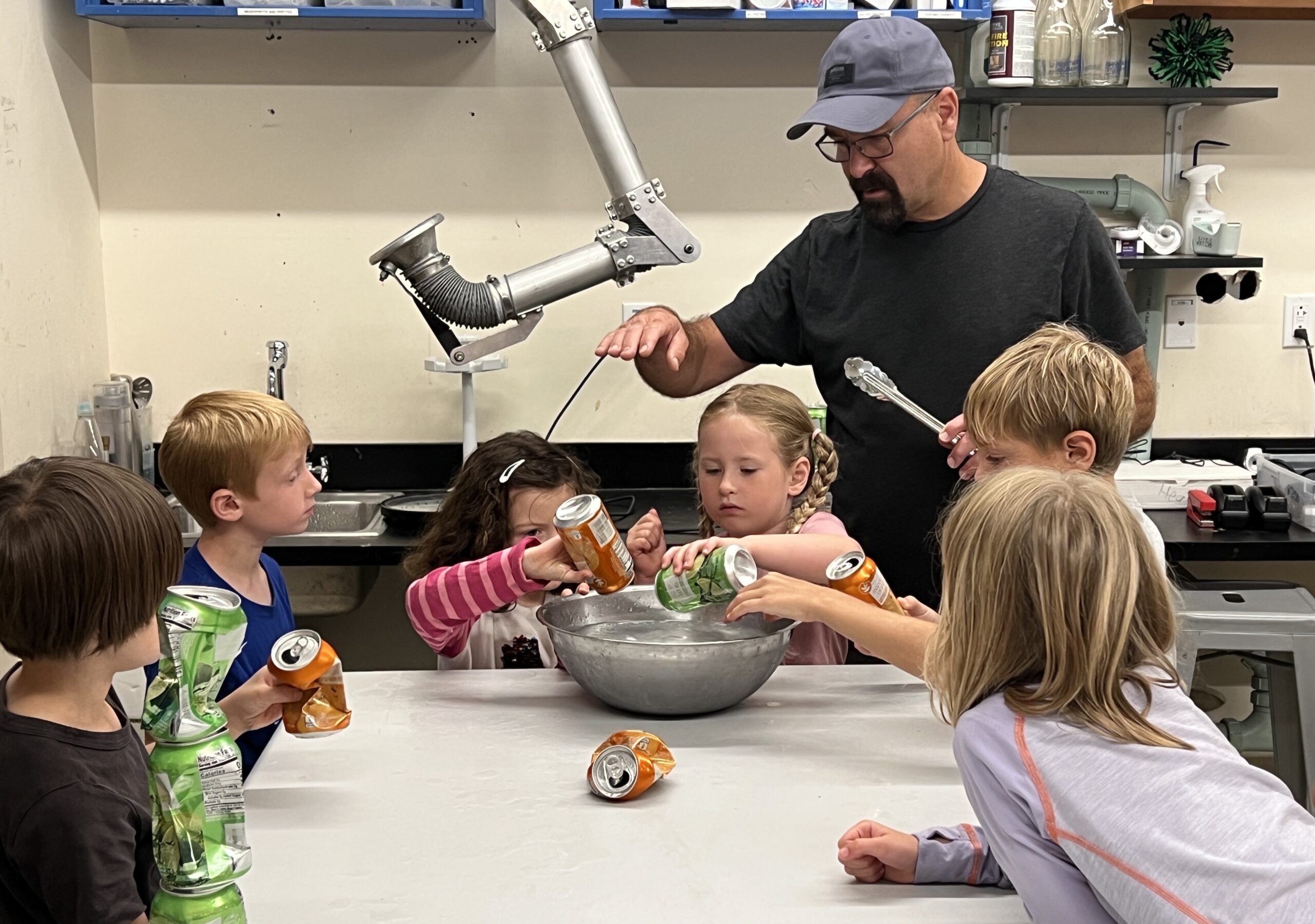By George Papayannis, Director of Upper School
We are excited to welcome two new core classroom teachers, Jill Rubinstein and Renee Scherer, and science specialist teacher Tory Campbell to Acera. You will read more in depth about these new faculty members in this and upcoming issues of The Current.
A gifted education at Acera is a special experience facilitated by exceptional teachers. What goes into our hiring process, and how do we find great talent?
Our hiring process is robust and looks at a candidate’s drive, skill, and fit with the team, among many factors. We have a high bar for successful candidates to reach, and we want candidates to bring their best version of themself to each step of the hiring process so we can find the candidate who we feel will be the best fit for the students they will teach. We start by writing a job description that is clear about what we are offering and what we expect from candidates, then post that to our Careers page; online sites like AISNE, LinkedIn, Indeed, SchoolSpring, and ZipRecruiter; and recruiting firms like Carney Sandoe & Associates.
There are six major steps that candidates go through in our hiring process and we offer them both challenge and supports to be successful, much as we do with our students:
- Screen – an initial screening (30 minutes) by Zoom or phone with the hiring manager
- Demo Lesson Workshop – two meetings (45 minutes and 60 minutes) by Zoom with the hiring manager and an Acera teacher in a role related to the open position to workshop a plan for a possible demo lesson with students
- Demo Lesson – a tour of Acera, followed by a demo lesson (60 minutes) with students representative of the ages and abilities the candidate is applying to teach, followed by a post-lesson debrief (60 minutes) with the Acera team who observed the lesson
- Written Project – a written project tailored to the candidate to help them begin transition into the potential role and help us fill in gaps in our knowledge of their skills, reviewed by the Acera team
- Reference Checks – conversations by the hiring manager with at least three references that must include supervisors and may include colleagues
- Info Session – an opportunity for candidates or new hires to hear about our mission and pedagogy and to talk more deeply about “gifted education” and profiles and our approach to serving that population
We consider each step of the hiring process part of a successful candidate’s onboarding to the culture and philosophy of Acera. We share about ourselves with transparency as an invitation to candidates to lower their guard and share about themselves with transparency. For each successive step in the hiring process, more members of the Acera team are invited to participate and share their questions, observations, and perspectives on the candidate. We train each participating team member on how to ask probing questions and are very discerning in our review of candidates. Hired candidates could meet upwards of seven members of the Acera team across admin, faculty, and counseling before they sign on with us.
At each step the team asks ourselves if we feel the candidate can do the job we are asking them to do, and if there is something we feel unsure about in their skills or drive or fit with the team, we probe further until we feel comfortable that we can defend a decision to advance a candidate or thank them for their time. We have only about five hours of contact time to get to know a candidate and decide if we want to work with them for the year ahead—and hopefully many years ahead!—so we are critical of the questions we ask and the things we ask them to do.
Demo Lessons are typical demonstrations of skill for teaching positions. In school searches, candidates are often invited after interviews to conduct a demo lesson. Often they are given little background on the students they will be teaching in the demo, and often are given few, if any, constraints on what to teach them. We find this model does not give us enough actionable information, so we have created an innovation by adding a Demo Lesson Workshop step after the screen to shift from talking in a question-and-answer format to doing a performance activity. We want to see how candidates design learning experiences and hear how they talk about working with children and content. We’re looking to understand how aligned they are with the Acera philosophy. We’re looking to see what questions they ask about the constraints we give them in the first meeting, and what they come up with when we review their plan in the second meeting. Inevitably, because we know our students well, we will give candidates feedback on their plan to help them be more successful. How they respond to the feedback gives us a glimpse into their coachability.
We feel our students’ time is precious, so we will only schedule a demo lesson for viable candidates; the Demo Lesson Workshop is not a guarantee that a candidate will deliver the Demo Lesson to students. To maintain continuity of learning for students, we develop constraints related to what’s happening in the class. During the school year, for the Room 4 core teacher search that brought Renee Scherer onto our team, we held demo lessons both in Room 4 and Room 6 to distribute the time and minimize disruption to student projects. The constraints for those candidates were tied directly to what students were learning the day before a demo lesson and feeding into the core teacher’s plan for the day after a demo lesson. Over the summer, for the Room 7 core teacher search that brought Jill Rubinstein onto our team, we reached out to Room 7 families to invite their children to participate in demo lessons. We had between two and eight students attend each demo—in the summer!—and the constraints were related to what students were learning when they ended the previous year.
For the few finalists who advance to the written project, we want this activity to be time well spent, so we tailor prompts to what we think will help them begin planning for their prospective teaching assignment. These prompts could ask about theme, inspirations for teaching gifted students, a draft outline for a course, or whatever else we feel we need to know to make a final decision and help them transition successfully into the role.
All told, the hiring process could take several weeks to complete for a successful candidate, and since we’re in a tight labor market for teachers, we work as quickly as we can so we can make a sound decision and not lose a candidate to another school. In a given search, we may review over 100 applicants, screen a dozen or two, workshop with half a dozen, demo lesson with a few, and end with one or two finalists.
The process is very time consuming, and it’s our welcome investment in finding teachers who are the right fit for our amazing students.
